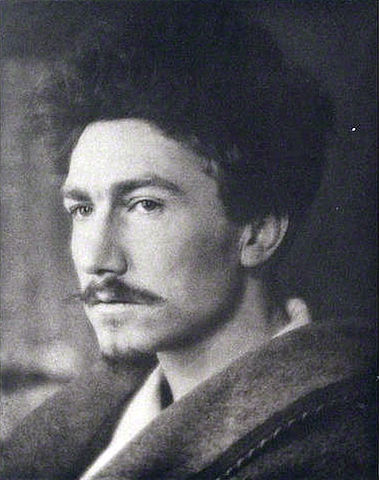"What happens to poetry when everybody is a poet?"
"It thrives, of course!" was my kneejerk response. The last time poetry was part of people's lives, such that even grade six graduates understood the difference between an iamb and a trochee, poems were quoted everywhere and poets were rock stars. The average 12 year old in 1913 had a far better claim to the term "poet" than the average MFA grad in 2013.
 |
| Giles Coren |
Ms. Perloff has a much narrower perspective. Even in transcribing a reference by Jed Rasula (i.e. "to say nothing of all the Web-zines" [sic]), she reveals her lack of awareness of the more audience-oriented, technically informed poetry produced and published by onliners. Her interest begins and ends with the PoBiz where, paradoxically, no audience is evident or sought. Given this specialization, it shouldn't surprise us that her description of that milieu's output is spot on:
 |
| Marjorie Perloff |
 |
| Jed Rasula |
Next came another startling statement, this one regarding Rasula's estimates of how many poets academia is spitting out: "What makes Rasula's cautionary tale so sobering is that the sheer number of poets now plying their craft inevitably ensures moderation and safety."
First off, Rasula is concentrating on those with degrees related to literature. Anyone who has attended a slam, an open mic or an independent online forum knows that these grads are a small part of the total poet population. This diversity is true even at the highest levels. Of the five best poems written in this century only one was produced by an academic. For what it's worth, that resonates with my anecdotal experience: I estimate that no more than a fifth (Henry Gould estimates a tenth) of those who like to think of themselves as poets have a degree in related studies. If Ms. Perloff finds Rasula's numbers "cautionary" and "sobering" how would she feel about quintupling them?
 |
| Earl the Squirrel's Rule #17 |
Before trailing off into examples, Ms. Perloff makes one final incisive, defining point:
 | |
| Ezra Pound |
Because the object is to find teaching/editing jobs the focus is on poets, not poems and certainly not audiences. If a graduate has attained suitable employment in the field the problem is solved; no more need for writing, publishing or promoting their business card poems. If no position has been attained the graduate has missed his or her shot; perhaps they should find work elsewhere. The online environment operates as the real world does: one's efforts benefit from one's previous triumphs. Why else would anyone have purchased Bob Dylan's "Planet Waves"? Again there is a parallel in the slam world, where attention spans are short, impressions shallow and glory fleeting. Naming last year's Individual Champion would be a challenge even among avid slammers.
No doubt, history has produced stranger bedfellows than the PoBiz and slam communities.
Offhand, I can't think of any, though.

No comments:
Post a Comment
Your comments and questions are welcome.